Episode 10
Oddisea SuperFrozen’s Path to Impact in the Sushi Supply Chain
with Renee Perry
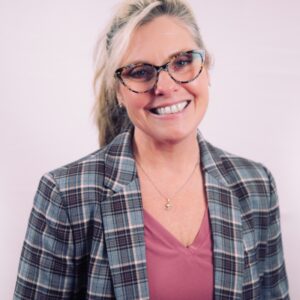 Renee Perry serves as the Vice President of CSR & ESG at Oddisea SuperFrozen LLC. She is a recognized leader in sustainability, seafood traceability, and social responsibility with a career dedicated to advancing meaningful, real-world change across global seafood supply chains, from ocean to plate.
Renee Perry serves as the Vice President of CSR & ESG at Oddisea SuperFrozen LLC. She is a recognized leader in sustainability, seafood traceability, and social responsibility with a career dedicated to advancing meaningful, real-world change across global seafood supply chains, from ocean to plate.
Renee plays an active role in advancing systemic changes across the seafood industry. She is a member of the GDST Technical Committee and serves on the Global Tuna Alliance’s Partner Advisory Group. In addition, she holds Board seats with the Conservation Alliance for Seafood Solutions (CASS) and Sea Pact, where she supports global projects on responsible fisheries, sustainable aquaculture, and social impact initiatives.
Renee believes that leadership in sustainability and responsible sourcing is not just a responsibility – it’s a necessity – “If we wait for perfect solutions, we risk leaving people behind and deepening systemic harm. Leadership requires action. It means recognizing risk, listening to those most impacted, and having the courage to contribute to solutions, even when they are imperfect or still evolving. We don’t have the luxury of time when environmental integrity and workers’ rights are at stake.”
Through Oddisea SuperFrozen’s continued work in traceability, responsible sourcing, and human rights due diligence, Renee is helping to redefine what leadership looks like, setting the pace for an industry moving forward toward greater integrity, transparency, and long-term sustainability.
Oddisea SuperFrozen LLC

Oddisea SuperFrozen is a newly rebranded clean seafood importer and distributor, launched on July 1, 2025, and built upon the extensive experience and success of Culimer USA. We are dedicated to providing “the seafood we all deserve” – clean, traceable, transparent and responsibly sourced.
Our mission is to ensure people everywhere can enjoy peak quality seafood, a commitment we achieve by exclusively choosing 100% clean and natural products, preserved using advanced SuperFrozen technology at -76ºF to lock in fresh caught texture, color and flavour without additives.
Beyond product excellence, Oddisea SuperFrozen integrates care for both marine ecosystems and human well-being into the heart of our operations, actively minimizing environmental impacts and protecting workers and communities throughout the supply chain. Led by a team with deep expertise in SuperFrozen technology, Corporate Social Responsibility (CSR) and Environmental, Social, and Governance (ESG) principles, we consistently challenge the seafood industry and ourselves, to set new standards for continuous and meaningful improvement, striving for a future where clean, responsible seafood is accessible to everyone.
Renee, thank you for joining us. Let’s start with your innovation in SuperFrozen tuna. What makes this approach so different from traditional preservation methods?
Thank you, it’s a pleasure to be here with GSSI. At Oddisea SuperFrozen, we’ve always believed that quality and sustainability go hand in hand. Our flagship SuperFrozen tuna program is a clear reflection of that philosophy. Using ultra-low temperature (ULT) technology we rapidly freeze tuna down to its eutectic point, approximately at -76°F (-60°C) within 8 to 15 hours after the tuna is gilled, gutted, and flush-bled onboard the vessel.
The result is a product that locks in the natural freshness, vibrant color, and delicate texture of just-caught tuna, without the use of chemical additives or artificial treatments. Unlike conventional freezing, which can compromise texture and flavor, SuperFrozen technology preserves the integrity of the fish to deliver consistent high-quality. It also extends shelf life, which reduces spoilage and food waste across the supply chain. By thawing only what they need, retailers can essentially eliminate shrink while providing a consistent quality. For sushi restaurants, retailers, and consumers, this means they get a product that is not only premium in quality but also more sustainable by design.

MSC Certified bluefin tuna nigiri
Culimer USA, now known as Oddisea SuperFrozen, made headlines for being the first North American importer of MSC-certified Bluefin tuna. Why was that such a meaningful milestone?
That was a proud moment for us. As you know bluefin tuna is one of the most iconic and historically overfished species in the seafood world. So when the Usufuku Honten Northeast Atlantic longline fishery became the first in the world to earn MSC certification for bluefin, it marked a turning point for the industry. Culimer USA, now Oddisea SuperFrozen, became the first company in North America to bring that certified bluefin to market.
By doing so, we sent a clear message: premium sushi doesn’t have to come at the cost of marine ecosystems. We demonstrated that it’s possible to deliver a high-end product like bluefin while meeting the highest standards for sustainability and traceability
This milestone also opened the door to meaningful conversations with chefs, retailers, and consumers about what responsible sourcing can look like and how tradition can thrive alongside environmental integrity.
Premium sushi doesn’t have to come at the cost of marine ecosystems.

MSC Certified SuperFrozen bluefin tuna
Let’s shift to traceability. Oddisea SuperFrozen has taken a leadership role in implementing GDST and digital solutions. How are you using technology to increase transparency?
Traceability is no longer optional – it’s foundational. At Oddisea SuperFrozen, we’ve made it central to our operations because we believe traceability and transparency drives both trust and accountability across the seafood supply chain. Oddisea SuperFrozen (then Culimer USA) was the first seafood company to formally commit to implementing the Global Dialogue on Seafood Traceability (GDST) standards. These standards are essential to building a globally interoperable digital traceability system. We’ve built our systems around the GS1 framework to ensure seamless sharing across partners, platforms, and jurisdictions.
We’re also pushing the frontier of real-time monitoring. Through our collaboration with FishWise and Goldfish, we are building vessel-level tracking with real-time alerts for human rights or IUU (illegal, unreported, unregulated) fishing risks. This adds a vital layer of accountability at sea, an area of the supply chain that often lacks visibility.
Beyond that, we’ve started piloting 2D barcodes with major retail partners. These codes allow consumers to scan a product in-store and instantly view details about the species, its origin, certifications, handling practices, and compliance data. It empowers consumers with transparency, and it builds trust in the product and the brand. It’s a win-win for accountability and consumer engagement.

Renee speaks on a panel at the Fast Company Innovation Festival, highlighting food safety, sustainability, and traceability as top priorities for global food retailers.
That level of transparency is impressive. But how do you ensure the data is accurate and not just marketing?
That’s a critical question, and one we take very seriously. While electronic traceability systems are powerful tools, they’re only as reliable as the data that feeds them. That’s why we go beyond basic digital records. Our traceability infrastructure includes third-party audits, cross-verification with licensing authorities, and internal checks that align with evolving regulatory standards, including the FDA’s FSMA 204 food traceability rule.
This multi-layered approach helps us verify not only the “what” and “where” of a product but also the “how” – how it was harvested, processed, and handled. That kind of accountability is essential not just for food safety, but also for responsible sourcing and consumer confidence. It’s about creating a fully traceable, verifiable digital passport for every product we sell.
Let’s talk about the NFI Sushi Council. Oddisea SuperFrozen has played a leading role there as well. What’s the mission behind it?
The National Fisheries Institute (NFI) Sushi Council was launched in 2023 with a bold but necessary vision: to bring the sushi supply chain together in a collaborative, pre-competitive space where we can align on quality, safety, and sustainability standards. Michael McNicholas, our CEO, serves as the inaugural Chair, and we’re deeply involved in helping shape the Council’s goals.
The sushi industry has traditionally operated with fragmented standards, so this Council is about unifying best practices across stakeholders, whether you’re a fish farmer, processor, distributor, or chef. We’re working to elevate labeling practices, improve product integrity, and promote food safety, while also ensuring sustainability is central to the conversation. It’s about creating a stronger, more resilient sushi industry that benefits everyone, from producers to consumers.
We’re working to elevate labeling practices, improve product integrity, and promote food safety, while also ensuring sustainability is central to the conversation.
Beyond industry, you’re also deeply involved in policy and advocacy. Can you share some highlights from your recent work with GTA, CASS, and Climate Week NYC?
Of course. At Climate Week NYC, I had the honor of joining a panel on AI and digital innovation in seafood traceability. We explored how emerging technologies, from real-time vessel tracking to consumer-facing barcodes, are transforming the way seafood is verified and shared. At the event, we also hosted a curated sushi lunch with Michelin-starred Chef Sunghul Shim, featuring fully traceable, certified seafood like MSC-certified bluefin tuna, BAP-certified Mount Cook Salmon, and ASC-certified hamachi. It was a powerful way to demonstrate what responsible sourcing looks and tastes like.
On a governance level, I recently joined the Board of the Conservation Alliance for Seafood Solutions (CASS). That role allows me to work across the NGO, academic, and industry sectors to tackle some of seafood’s most pressing challenges, from ecosystem preservation to human rights due diligence.
With the Global Tuna Alliance (GTA), I sit on the Partner Advisory Board, where we focus on advancing environmental and social standards in tuna sourcing. That includes advocating for RFMO reform, integrating human rights protocols into procurement processes, and supporting risk-mitigation strategies across the value chain. These platforms give Oddisea SuperFrozen a voice in shaping the future of sustainable seafood on a global scale.
Renee Perry on the Panel discussion on “AI and Technology Innovation in Traceability”, and Oddisea SuperFrozen hosted sustainable sushi lunch.
In December 2024, Oddisea SuperFrozen joined the UN Global Compact. What are your goals moving forward, particularly with your sustainability commitments?
Joining the UN Global Compact was a pivotal step for us. It affirms our alignment with the UN Sustainable Development Goals (SDGs) and solidifies our commitment to responsible business practices that go beyond compliance. Our 2025 priorities include integrating the UN Guiding Principles on Business and Human Rights into our operations and further embedding environmental and social governance across our supply chains.
We’re especially focused on contributing to SDG 14 (Life Below Water), SDG 12 (Responsible Consumption and Production), SDG 8 (Decent Work and Economic Growth), and SDG 10 (Reduced Inequality). Through our partnership with GSSI, we’re continuing to drive impact by advancing traceability, transparency, and social responsibility across the seafood sector.
Our vision is a seafood supply chain where responsible practices are not the exception, but the expectation. That means investing in digital tools, collaborating with like-minded partners, and holding ourselves accountable to the highest global standards.
It’s inspiring to see Oddisea SuperFrozen leading the way across so many fronts. What’s next on the horizon?
We’re focused on scaling impact. That means expanding our traceability pilots, growing our portfolio of certified sustainable products, and continuing to engage with partners through platforms like GSSI, GTA, CASS, and the NFI Sushi Council.
We’re also investing in education and storytelling, helping retailers, chefs, and consumers understand the value of sustainability and the power of informed choices. Ultimately, it’s about shaping a seafood industry that’s fit for the future: transparent, responsible, and resilient.
Learn more about Oddisea SuperFrozen here.


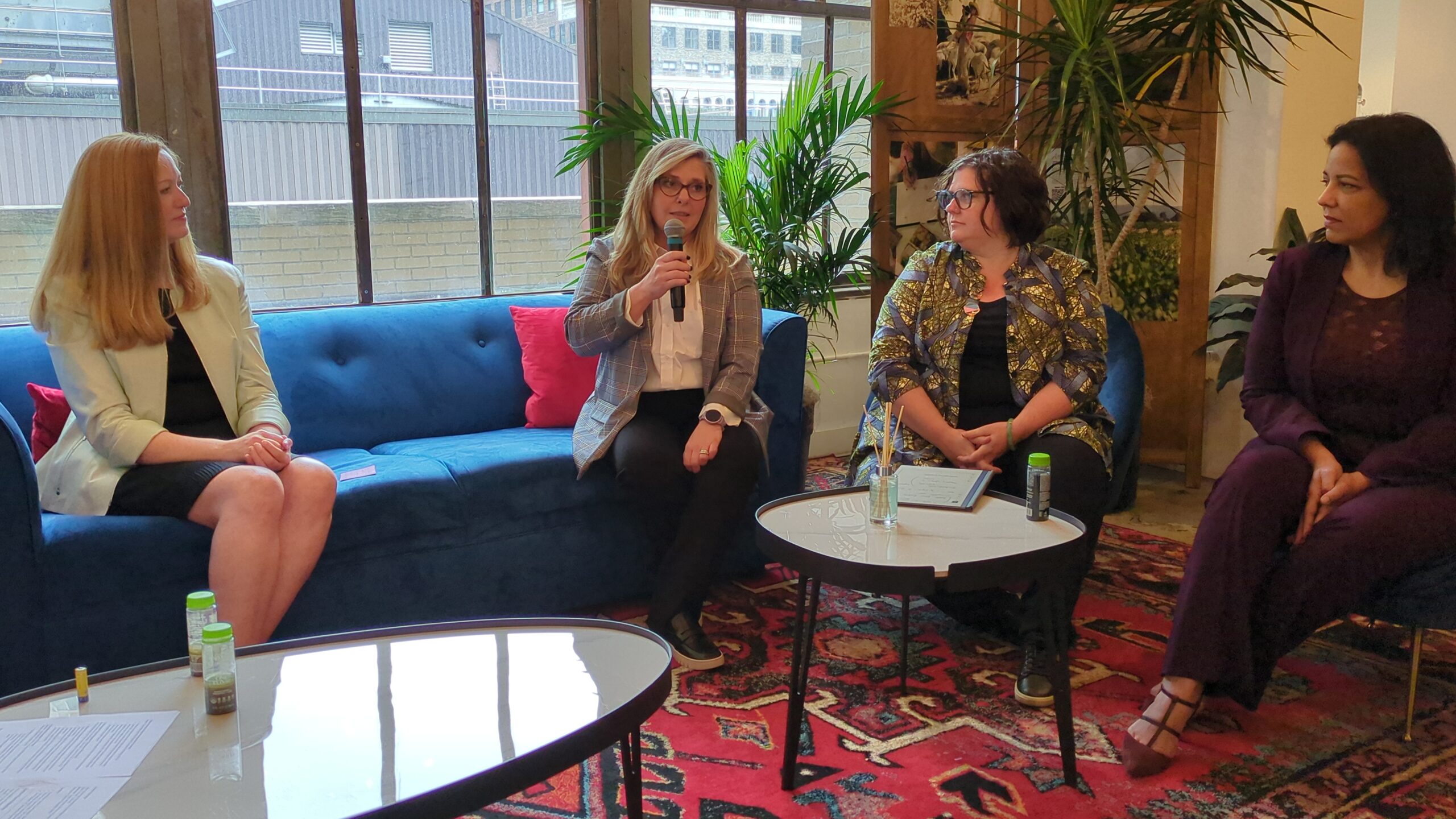
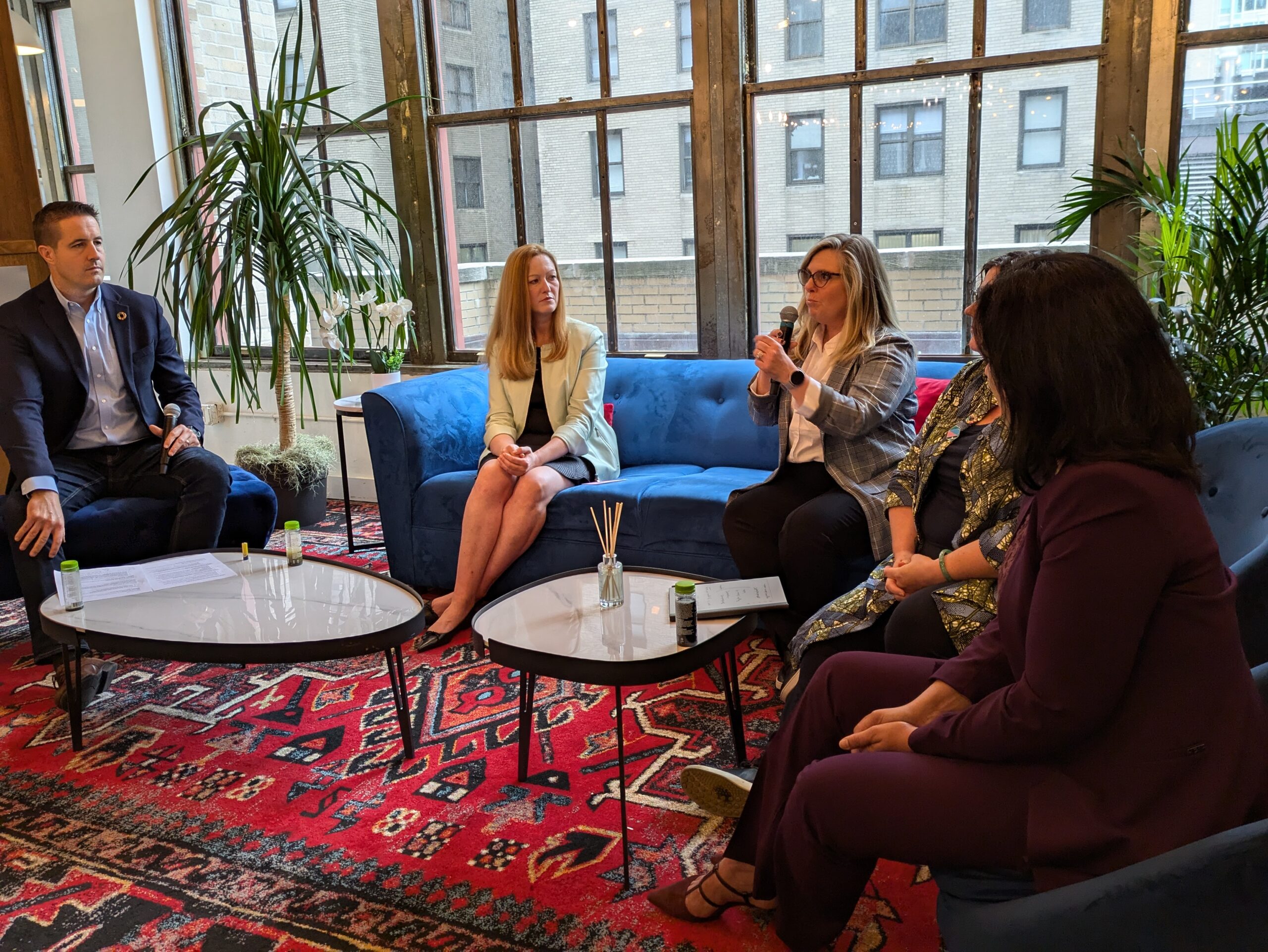
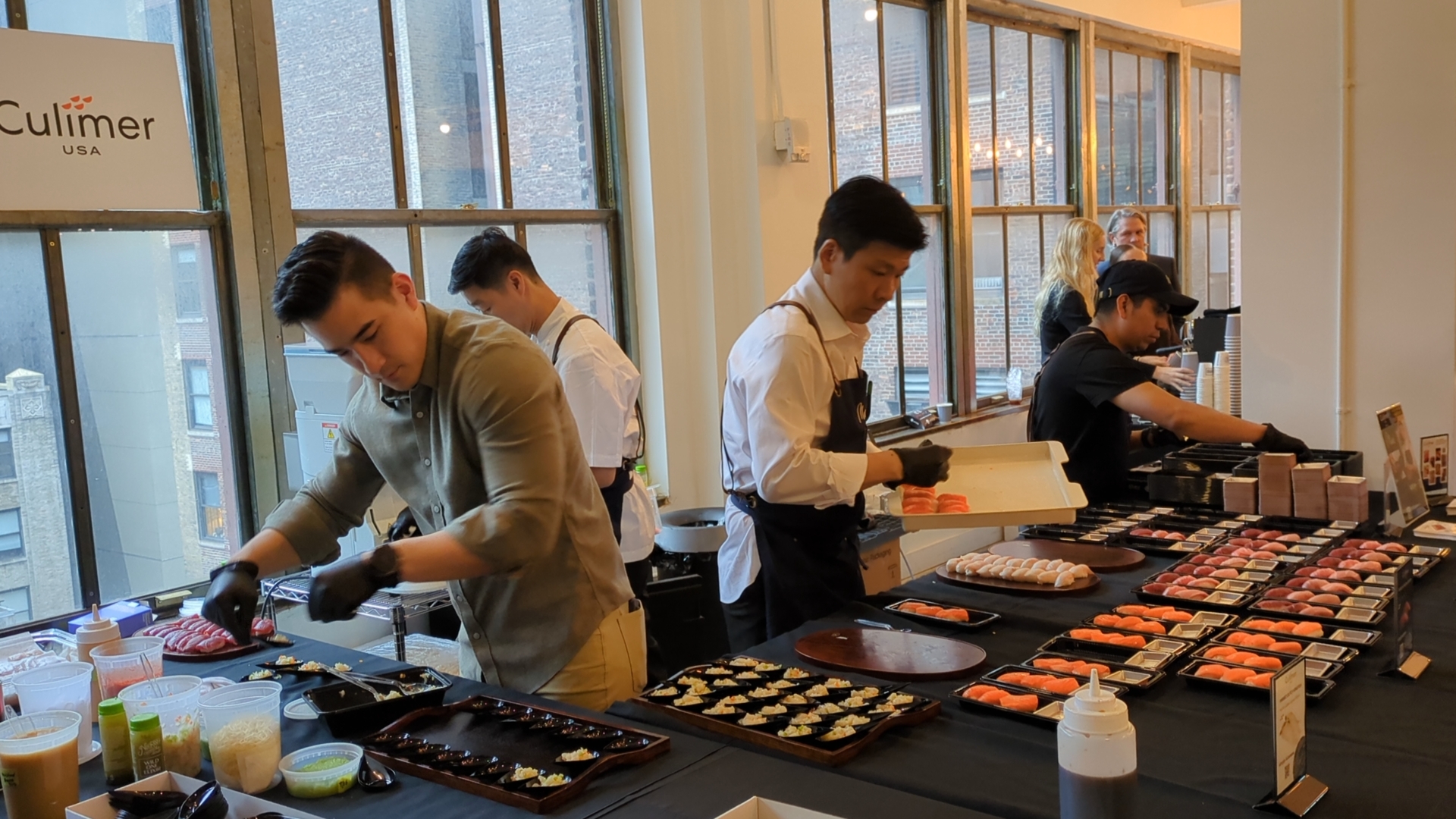
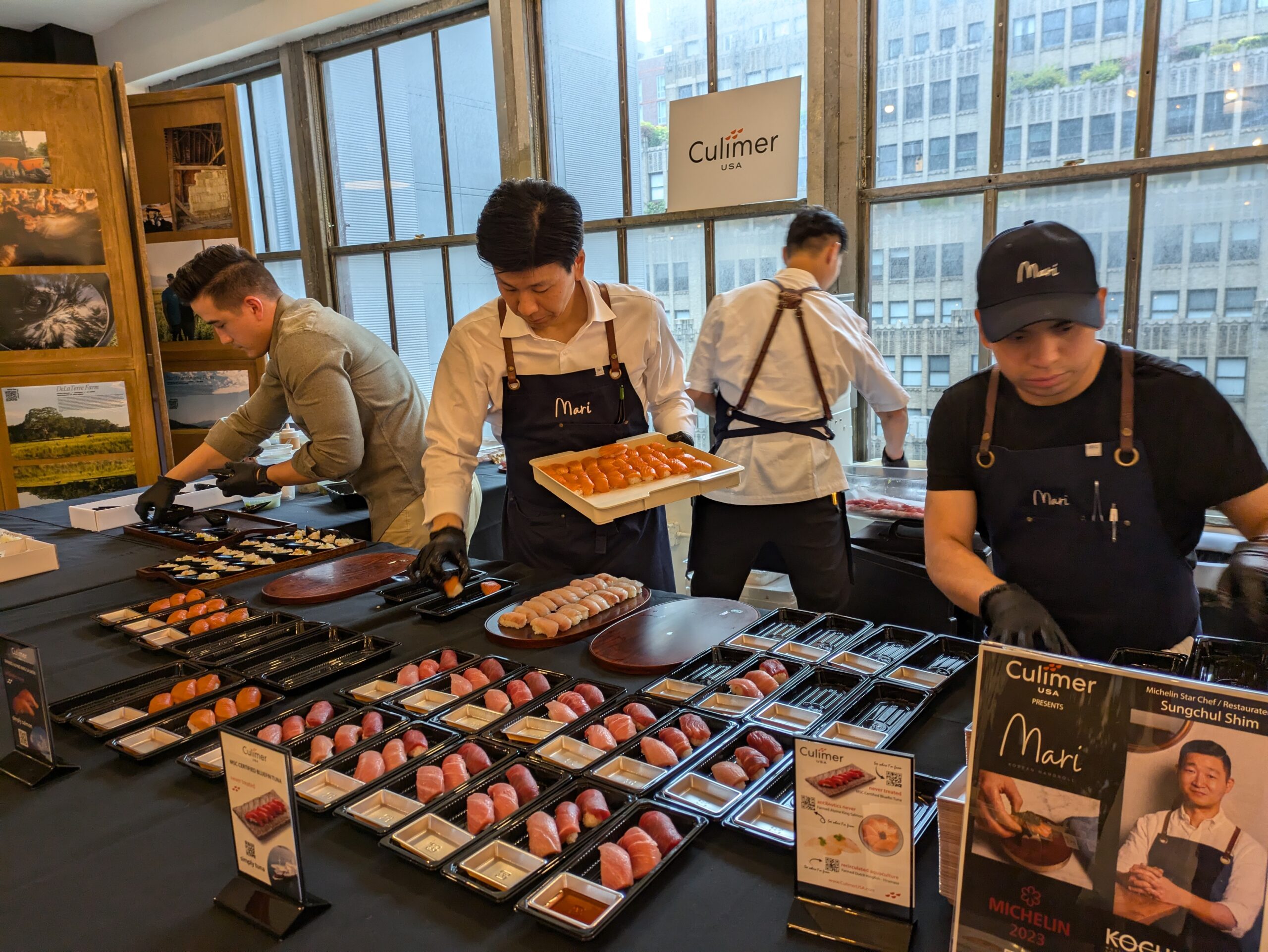




































![PSC002_PescamarVertical (1)[17]](https://ourgssi.org/wp-content/uploads/2022/02/PSC002_PescamarVertical-117.jpg)